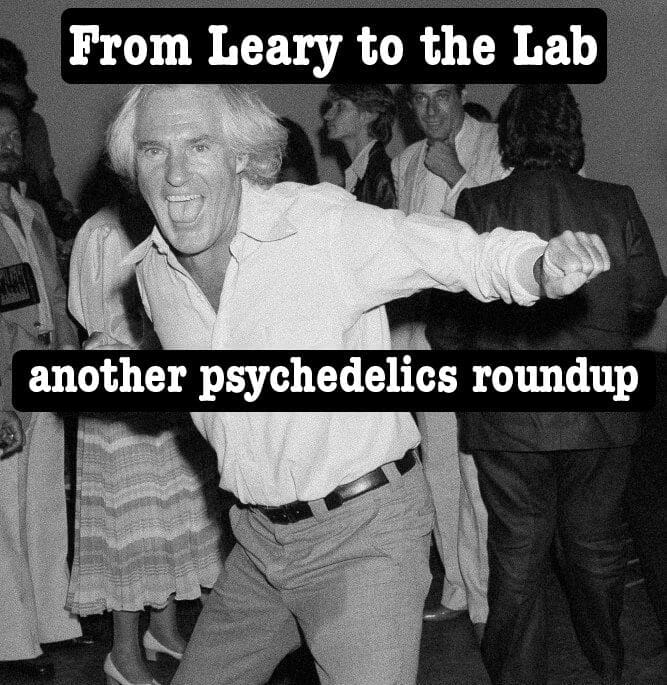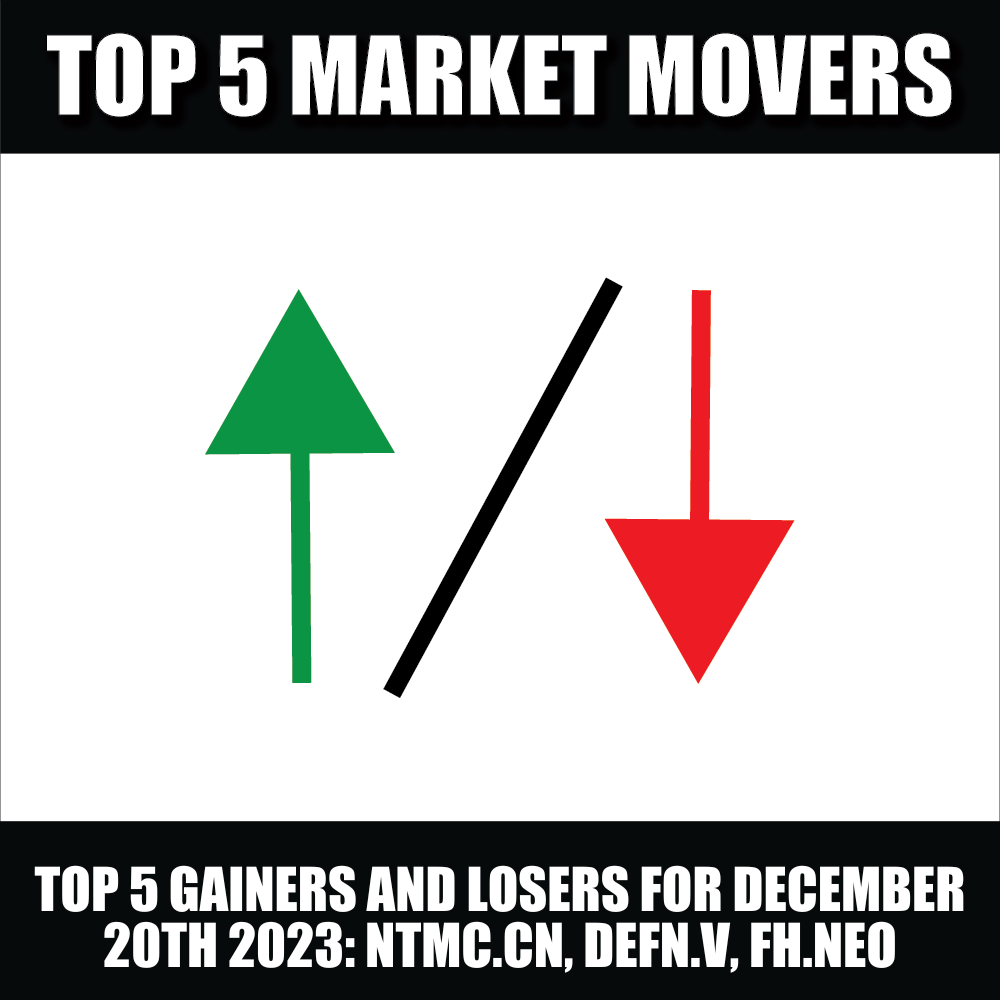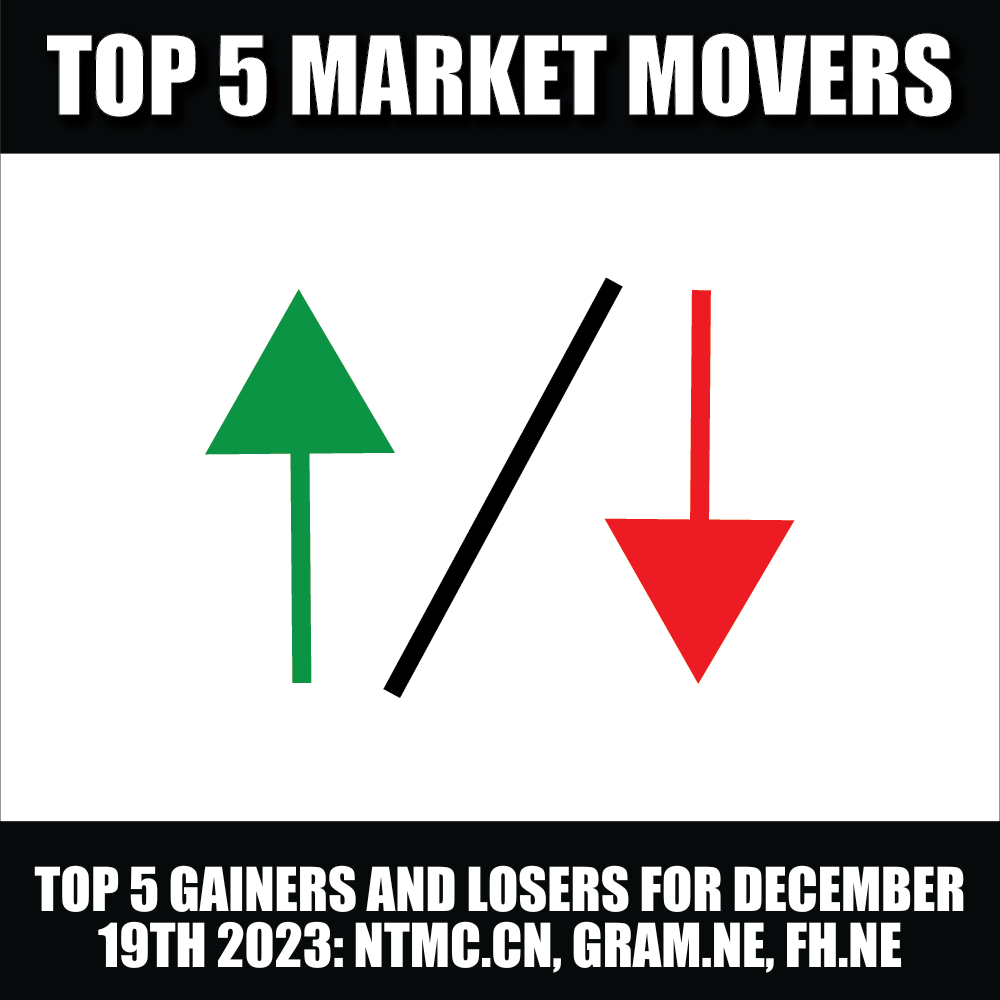Interest in the psychedelic market is as high as Matt Gaetz and Joel Greenberg on a night out, but the accompanying FOMO has the potential to muddy the market, creating unjustified Tesla-esque valuations as criminally deceptive as Prince Andrew’s denials. It’s time once again to separate psychedelics’ reality from the hallucinogen of avarice.
![]() Mind Cure Health (MCUR.C) dropped their financials for the three months ending August 31, 2021, on Tuesday. The company wrote down its nootropic inventory of functional mushrooms and supplement products as there were no prospective buyers.
Mind Cure Health (MCUR.C) dropped their financials for the three months ending August 31, 2021, on Tuesday. The company wrote down its nootropic inventory of functional mushrooms and supplement products as there were no prospective buyers.
Functional mushrooms is a tough over-saturated market where value is mostly based on hype and anecdotal evidence. Kinda like cosmetic companies saying your skin will feel softer rather than it will be softer after using their cream. I’ve never been a big fan of wellness products and don’t take the market seriously, not to say that you can’t make money doing it or it’s inherently evil, but what good are you doing?
As of the end of August, Mind Cure reported having $15.58 million CAD in the till not including receivables or prepaid expenses. Costs were up during this period as the company is going about the business of establishing its market footprint through the development and distribution of its iSTRYM Digital Therapeutic SaaS Platform.
Speaking of which, the company announced Wednesday that it had entered into an LOI (letter of intent) with Awakn Life Sciences (AWKN.NEO), a biotech research and development company delivering psychedelic medicine to better treat addiction.
The deal calls for Awakn to distribute Mind Cure’s ketamine-assisted psychotherapy for Alcohol Use Disorder (AUD) in the U.S. and Canada. Awakn’s protocol will be distributed through the iSTRYM platform.
At the moment, Mind Cure has partnered with ketamine-assisted psychotherapy clinics in nine states in the U.S. and two provinces in Canada with plans to expand into the broader mental health market in 2022.
The reported net loss of $2.8 million during the period was to be expected as the company pushes toward some serious growth. Thankfully, Mind Cure’s technology platform, which it anticipates to commercially rollout to all partner clinics in Q1 2022, provides a solid base of near-term revenue for the company as legislation and cultural norms catch up with medical psychedelic treatment.
Currently, Mind Cure trades at $0.29 per share for a market cap of $27.12 million and a tight outstanding share count of 30.27 million shares. Keep this one on your radar but remember to do your due diligence!
 Filament Health (FH.NEO) has had much to say since it announced its DTC eligibility and up-list to the QTCQB exchange back on the 12th of October. Like I said from the beginning of Cannabis 1.0, the real potential of medical marijuana wasn’t in the flower, edibles, or oils. The variable dosages and inexact formulations would never compare to the effectiveness and reliability of lab-based research and development followed by FDA-approved clinical trials.
Filament Health (FH.NEO) has had much to say since it announced its DTC eligibility and up-list to the QTCQB exchange back on the 12th of October. Like I said from the beginning of Cannabis 1.0, the real potential of medical marijuana wasn’t in the flower, edibles, or oils. The variable dosages and inexact formulations would never compare to the effectiveness and reliability of lab-based research and development followed by FDA-approved clinical trials.
Filament is attempting to bridge both these worlds with its proprietary patented natural extraction process. The company seeks to provide reliable dosages with high bioavailability while taking advantage of entourage effects that may lend to the therapeutic efficacy of its natural formulations.
The company has money in the bank and three proprietary mushroom extracts, PEX010, PEX020 and PEX030, approved for upcoming FDA clinical trials.
Located in a lab in Burnaby, British Columbia, Filament is still looking to report a positive bottom line, but if it can push its candidates through to FDA approval, it could provide a ground-floor psychedelic investment opportunity.
Filament Health currently trades at $0.27 per share on the NEO exchange for a total market valuation of $44.56 million.
![]() Cybin (CYBN.NEO) dipped 4.09% over the last five days to rest at $2.34 per share during trading Thursday. It’s been an active week news-wise, with the company announcing that the FDA had authorized an Investigational New Drug (IND) application to proceed with Cybin’s sponsored feasibility study using Kernel’s Flow technology to measure ketamine’s psychedelic effect on cerebral cortex hemodynamics.
Cybin (CYBN.NEO) dipped 4.09% over the last five days to rest at $2.34 per share during trading Thursday. It’s been an active week news-wise, with the company announcing that the FDA had authorized an Investigational New Drug (IND) application to proceed with Cybin’s sponsored feasibility study using Kernel’s Flow technology to measure ketamine’s psychedelic effect on cerebral cortex hemodynamics.
Let’s untangle the lab speak. Basically, cerebral cortex hemodynamics is the inherent ability to autoregulate blood flow volume and distribution in the brain. Feeding your brain with oxygen and energy enhances function while your young and a graceful progression as you grow older. This type of research would possibility assist in treating things like brain injury and neuro-degenerative conditions like Alzheimers.
In other news, the company announced on Thursday, that it had launched its EMBARK Psychedelic Facilitator Training Program. The program is described as offering psychedelic clinical trial facilitators the foundational training necessary to provide skillful and ethical care to participants receiving psychedelic treatment.
The program will commence with an in-person training retreat at the Whidbey Institute in Washington state and will include an experiential training component, in addition to the core training and practice sessions on the EMBARK model.
EMBARK is a leading-edge psychotherapy model that integrates leading clinical approaches to promote supportive healing with psychedelic medicine. The title is derived from six clinical domains, Existential-Spiritual, Mindfulness, Body Aware, Affective-Cognitive, Relational and Keeping Momentum.
The Toronto-based psychedelics company currently has a market cap of $371.22 million with 158.59 million outstanding shares.
 Atai Life Sciences (ATAI.Q) edged down 1.63% on the boards this week. Not much to speak of beyond the company’s recent launch of its new philanthropic program, atai Impact.
Atai Life Sciences (ATAI.Q) edged down 1.63% on the boards this week. Not much to speak of beyond the company’s recent launch of its new philanthropic program, atai Impact.
Feel-good community-focused corporate initiative aside, Atai is laying down big money on creating program partners with a wide array of psychedelic offerings geared toward medical therapy. In fact, the company has a sizeable piece of Compass Pathways.
As a result of its program partners and investment holdings, the company has 11 drug candidates ranging from preclinical to Phase II clinical trials for conditions such as treatment resistant depression, opioid use disorder, generalized anxiety disorder and mild traumatic brain injury.
Lots of irons in the fire but having such a mixed bag of offerings could complicate the situation instead of propelling it forward. Much depends on management and its ability to multi-task.
Cybin currently trades at $14.15 USD per share for a market cap of $2.16 billion.
![]() Compass Pathways (CMPS.Q) had a strong week, climbing 14.90% in share value dwarfing the Horizon PSYK ETF’s 1.6% jump. The company continues to push through its Phase IIb clinical trials for psilocybin therapy in 216 patients experiencing treatment-resistant depression.
Compass Pathways (CMPS.Q) had a strong week, climbing 14.90% in share value dwarfing the Horizon PSYK ETF’s 1.6% jump. The company continues to push through its Phase IIb clinical trials for psilocybin therapy in 216 patients experiencing treatment-resistant depression.
The study, spread across 22 sites in Europe and North America, is meant to determine the safety and efficacy of psilocybin therapy as well as defining the optimal dose of psilocybin with three doses investigated.
Compass expects, if results are positive, to launch a Phase III study in 2022. If the company is able to execute on its projections, it could become a formative player in the medical psychedelics space. Not necessarily a ground-floor opportunity considering its valuation, but an option, nonetheless.
Currently the company trades on the Nasdaq exchange at $40.18 per share for a total market cap of $1.68 billion.
Remember to do your due diligence!

Numinus Wellness (NUMI.V) slipped 1.37% on the boards this week to sit at $0.72 CAD per share. The Vancouver-based psychedelics announced a little more than a week ago that had finalized the study design and protocol for a Phase I clinical trial on a naturally derived psilocybin extract, previously announced on April 26, 2021.
The proprietary psilocybin extract, called PSYBINA, was developing using the company’s patent-pending technology. The Phase I clinical trial is geared to determine the safety and relative bioavailability of psilocybin in comparison to a psilocybe extract.
Numinus’ lab is expected to produce, package and label both PSYBINA RX and the psilocybin comparator for the clinical trial scheduled to be carried out at the company’s clinical site in Vancouver, British Columbia on 14 healthy volunteers.
The company followed up this news with its participation in the virtual Psychedelic Capital conference on Thursday. Founder and CEO, Payton Nyquvest will also present at the Adrienne Arsht Center for the Performing Arts in Miami, Florida on November 8-9, 2021. Nyquvest will be joined by Dr. Evan Lewis, founder and director of the Neurology Centre of Toronto, and Sharan Sidhu, science officer and general manager of Numinus. If you’re going to be in the Miami area, register here, to drop in.
If Numinus executives can execute on the second Dealer’s license and increase the company’s research footprint, it may prove to be a reasonably priced investment opportunity in the emerging psychedelics space.
The company currently trades $0.71 CAD per share for a total market valuation of $144.50 million. Do your due diligence!
 Mynd Life Sciences (MYND.C) continues to hover at $0.85 per share. The company announced on Wednesday that it had entered into an agreement to acquire the right, title and interest in and to the intellectual property rights for the use of psychedelics to treat Dementia from Cava Healthcare.
Mynd Life Sciences (MYND.C) continues to hover at $0.85 per share. The company announced on Wednesday that it had entered into an agreement to acquire the right, title and interest in and to the intellectual property rights for the use of psychedelics to treat Dementia from Cava Healthcare.
According to the agreement, the deal includes all future worldwide rights relating to the use of psychedelics to treat Alzheimer’s disease and other dementias.
Mynd Life will seal the contract by giving Cava 450,000 common shares at a deemed price of $0.85 per and $120,000 in cash. In addition, Mynd Life will pay Cava an annual royalty equal to the greater of $240,000 or 4% of net sales of any product or service which directly or indirectly incorporates the acquired assets to any third party.
The deal is still subject to regulatory approval.
The company went on to announce on Thursday that Mynd Life director, Aaron Bowden, resigned and in his place the board appointed Scott L. Nichol to act as a new independent director.
Bowden had been on Mynd Life’s board since its inception but has moved on to pursue other opportunities.
Nicoll, a partner in the law firm, Panorama Legal LLP, currently serves as board chair of Food Banks BC and vice-chair of the Surrey Urban Mission Society. A member of the Kwantlen Polytechnic University Board of Directors for more than six years, Nicoll has a particular interest and expertise in board governance with extensive training in various board governance models.
As Mynd Life moves from psychedelic start-up to sustainable going concern, the addition of Nicoll will provide the leadership and compliance necessary. Still the company is in its infancy like the industry surrounding it. It will be interesting to see how Mynd Life plays out over the next six months.
Currently the medical biotech drug research and development company has a market cap of $39 million with 45.93 million issued and outstanding shares.
![]() Mindmed’s (MMED.NEO) climbed 4.17% on the boards this week in the wake of the company’s announcement on Tuesday that it had expanded its pipeline with the launch of a program to develop R(-)-MDMA for the treatment of social anxiety and functioning in diagnoses that include Autism Spectrum Disorder (ASD).
Mindmed’s (MMED.NEO) climbed 4.17% on the boards this week in the wake of the company’s announcement on Tuesday that it had expanded its pipeline with the launch of a program to develop R(-)-MDMA for the treatment of social anxiety and functioning in diagnoses that include Autism Spectrum Disorder (ASD).
The company plans to advance its R(-)-MDMA development program targeting U.S. and EU registration and expects to commence its first clinical trials in 2022. MindMed will partner with Liecht Lab at University Hospital Basel to initiate a comparative pharmacokinetics and pharmacodynamic clinical trial of R(-)-MDMA, S(+)-MDMA and R/S-MDMA in 2022.
R(-) and S(+) MDMA stereoisomers are currently in development for the treatment of PTSD and has demonstrated statistically significant positive results in a pivotal Phase III trial.
Again, esoteric language serves to separate the company from investors who don’t wear lab coats. Basically, the company has a lot of IP and interesting possibilities, but nowhere near commercialization.
MindMed’s market cap isn’t stratospheric, but it has much to do to live up to its valuation. Currently the company trades at $2.50 per share for a market valuation of $1.03 billion.
Next week I’ll add Field Trip Health, Psyched Wellness, Psychemedics, Red Light Holland, Revive Therapeutics and Seelos Therapeutics. If you know of any other contenders feel free to comment below and I will include them in the list. Right now, I need to go home and eat. See you soon! Do your due diligence, pick your winners, and heal the global mind. Good luck to all!
–Gaalen Engen







